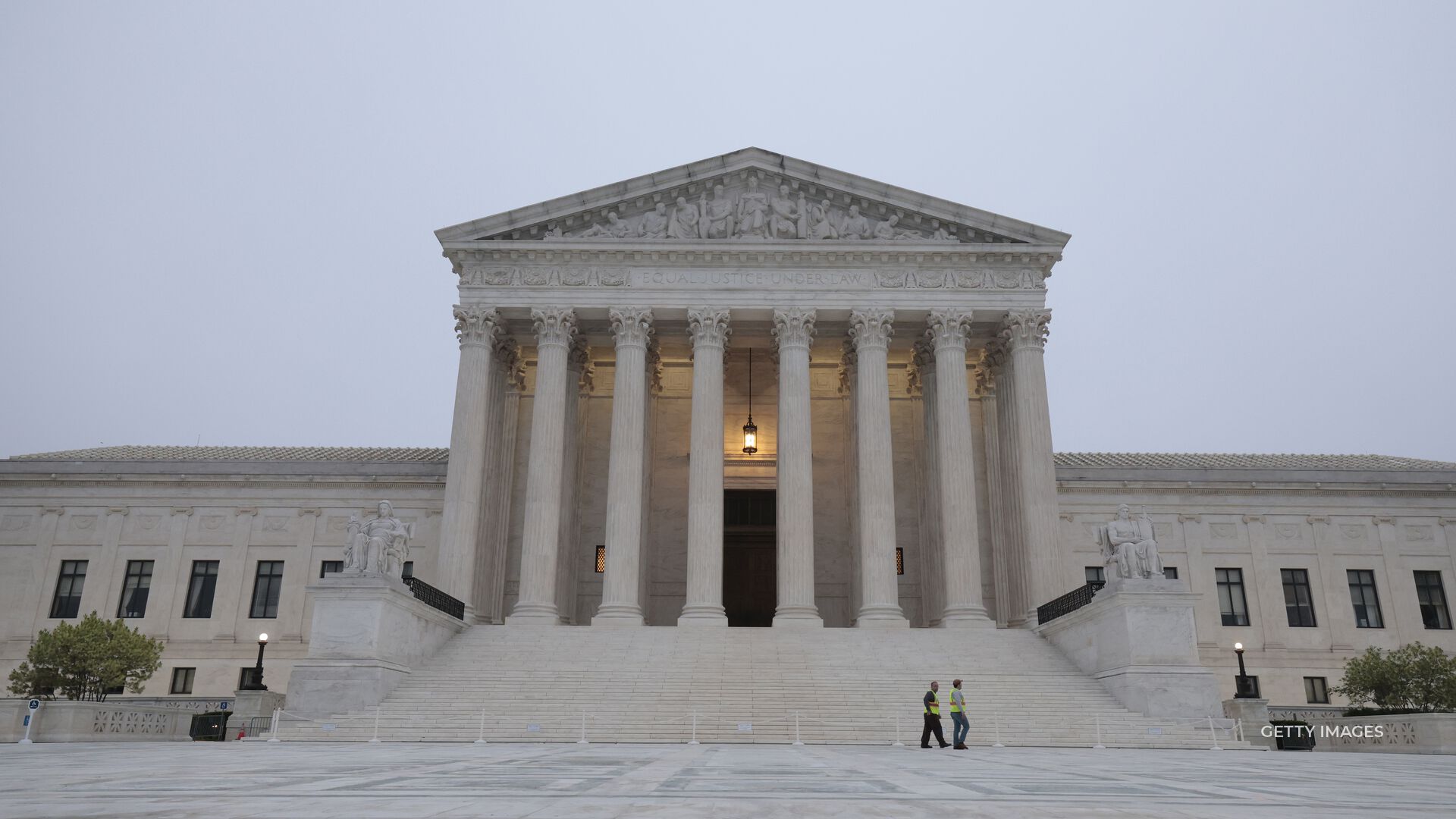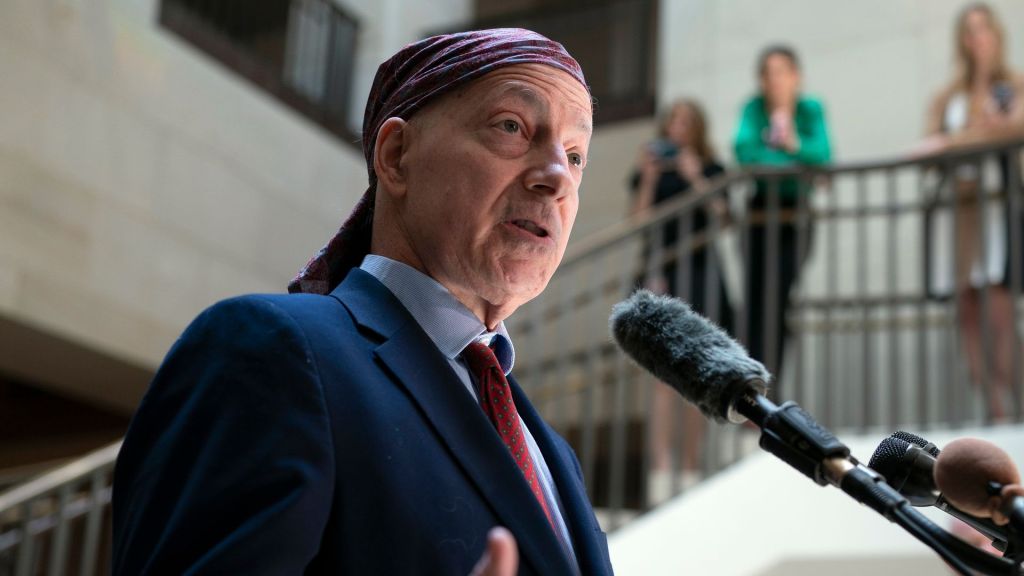
Ray Bogan:
The Supreme Court has ruled the EPA does not have the authority to make emissions rules on it’s own unless congress gives it the authority and spells out exactly how it should be done. This case will impact how regulators police greenhouse gasses, affecting the Biden administration’s wide-ranging climate change policy.
In the case of West Virginia Vs. the Environmental Protection Agency, the nation’s highest court ruled 6-3. Chief Justice John Roberts issued the majority opinion in the case stating Capping carbon dioxide emissions at a level that will force a nationwide transition away from the use of coal to generate electricity may be a sensible “solution to the crisis of the day.” But it is not plausible that Congress gave EPA the authority to adopt on its own such a regulatory scheme. A decision of such magnitude and consequence rests with Congress itself, or an agency acting pursuant to a clear delegation from that representative body. Justices Kagan, Breyer and Sotomayor dissented.The case stems from a provision in the Obama-era Clean Power Plan, when Congress gave the EPA the authority to issue rules for limiting carbon emissions throughout the energy sector.
The Obama Administration’s plan set goals for states to cut emissions, giving them a deadline of 2030 to hit those benchmarks.
The Biden administration has said it will not reinstate the Clean Power Plan, but this latest ruling will guide its efforts to draft its own rules for regulating emissions from power plants. Straight from DC, I’m Ray Bogan.






